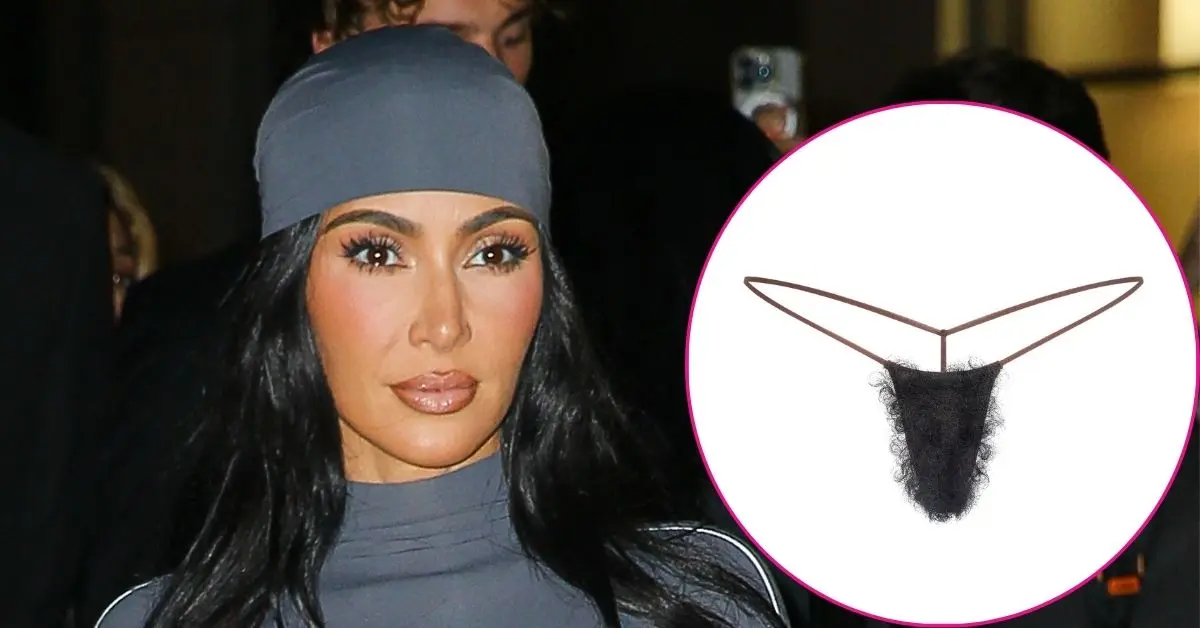In the age of wellness, the diet industry is grappling with evolving consumer preferences. One notable individual is 34-year-old Symone, who, after years of unsuccessfully trying every fad diet imaginable—ranging from Atkins to meal replacements—turned to the weight loss injection Mounjaro and achieved sustainable results. Her journey reflects a growing sentiment among users who feel that traditional diets, like WeightWatchers, set them up for failure due to restrictive point systems that don't emphasize a holistic view of health.
At its peak, WeightWatchers boasted 4.5 million global members, but it has now lost over a million subscribers and recently filed for bankruptcy. The company's leadership claims this move will allow for financial restructuring, yet the brand's once-stalwart reputation is now overshadowed by the appeal of social media influencers and quick-fix medications.
Studies indicate that while medications like Mounjaro may assist in weight loss by suppressing appetite, experts warn that they are not a one-size-fits-all solution. The general public is observed to be increasingly favoring an integrative approach to health, where mental well-being and community support play critical roles in accompanying any physical transformation.
In smaller, community-focused groups like BeeWeighed, members continue to find solace in face-to-face interactions, emphasizing moderation, emotional support, and teamwork. Group founder Lynda Leadbetter, a former WeightWatchers leader, believes that WeightWatchers has shifted its focus from genuine support to product sales, leading to its decline in resonance with the audience.
As individuals weigh their options in this rapidly changing landscape, there's a much-needed conversation about the need for balance in how we approach nutrition, weight loss, and self-care—reminding each other that diets may come and go, but support remains timeless.
At its peak, WeightWatchers boasted 4.5 million global members, but it has now lost over a million subscribers and recently filed for bankruptcy. The company's leadership claims this move will allow for financial restructuring, yet the brand's once-stalwart reputation is now overshadowed by the appeal of social media influencers and quick-fix medications.
Studies indicate that while medications like Mounjaro may assist in weight loss by suppressing appetite, experts warn that they are not a one-size-fits-all solution. The general public is observed to be increasingly favoring an integrative approach to health, where mental well-being and community support play critical roles in accompanying any physical transformation.
In smaller, community-focused groups like BeeWeighed, members continue to find solace in face-to-face interactions, emphasizing moderation, emotional support, and teamwork. Group founder Lynda Leadbetter, a former WeightWatchers leader, believes that WeightWatchers has shifted its focus from genuine support to product sales, leading to its decline in resonance with the audience.
As individuals weigh their options in this rapidly changing landscape, there's a much-needed conversation about the need for balance in how we approach nutrition, weight loss, and self-care—reminding each other that diets may come and go, but support remains timeless.























